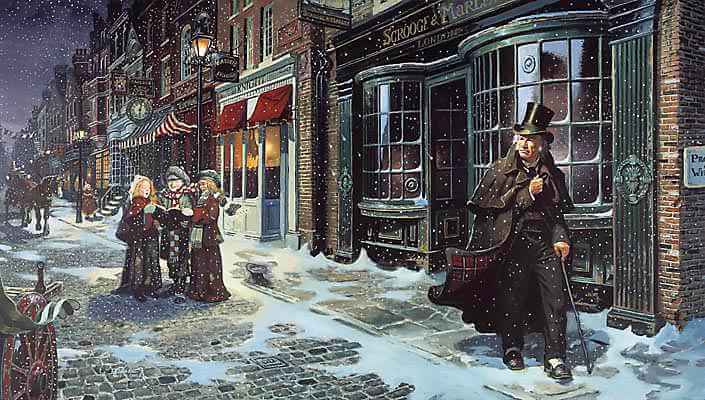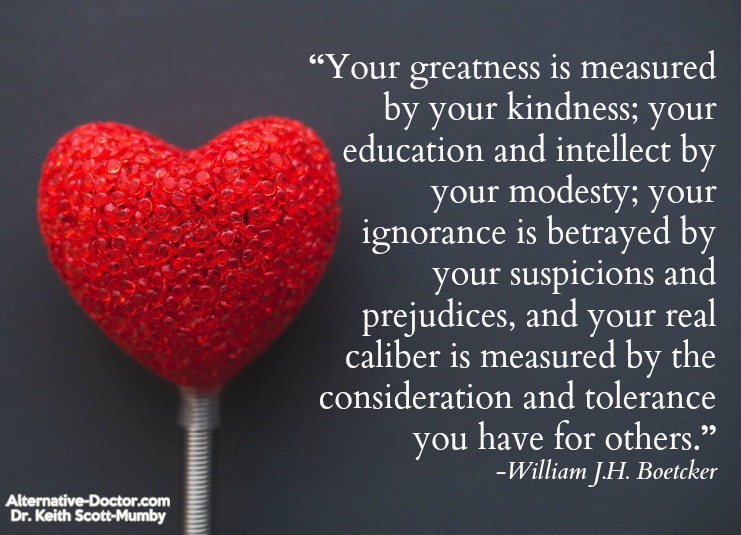Kindness is the language which the deaf can hear and the blind can see. –Mark Twain
Viv and I are in Hawaii for a few days before Christmas. Half way up the big volcano, Mauna Kea, we pulled aside for a stop at an information station and were astonished by the presence of a band of nubile girls with hardly any clothes on! It was cold at 4,000 feet and a VERY windy day!
Turns out they were up the mountain to do a photo shoot, with Mauna Kea in the background. I asked permission for a quick non-prurient photo and this is the result, just before they all piled outside to go off to the shoot location. Can’t say I envied them in that state of undress in the howling wind.
One pert teen had to hold onto her bosom because the wind was trying to tug off her skimpy top!

Ah, Hawaii; the land of dreams, isn’t it?
Actually, it was strange just before Christmas, with the beautiful tropical setting and the treacley commercial songs and carols; fairy lights on the palm trees, instead of firs: and “Aloha” instead of “Merry Christmas”! It was almost discordant and got me thinking of “Christmas out of tune”. We always think of the phrase “Happy Christmas”. But is it? Certainly not for everybody… (more of that in a moment).
First the story!
What Is The True History of Christmas?
You know me; I like the facts, not the whimsy and baloney. So, if I was to scientifically investigate the true history of Christmas, what would I find?
First off, it’s a completely phoney celebration of Christ’s supposed birthday. Since there is no historical record of such a person ever existing, and no eyewitnesses who ever reported what they saw, all we have is a fairy story. We certainly do not know when he was born (if he ever was).
With a breathtaking sleight of hand, the Church “adopted” the festival of Yuletide as his official birthday. But that’s hypocritical: Yule is a very pagan festival indeed, largely to celebrate riotous excesses and sexual promiscuity at one of the Druid’s biggest calendar events: the winter solstice (shortest day).
If you have read my book on cancer alternative therapies, you will know that one of the key holistic cancer remedies is mistletoe (Viscum or Iscador). But why is it associated with Christmas? Because during the pagan Yule orgy, women took a decoction of toxic mistletoe, to prevent pregnancy, while they had promiscuous sex with every man they could get to sleep with!
A kiss under the mistletoe is but a pale whisper of this earlier history.
In fact, the strict Scottish puritans (VERY strict Calvinists) would have none of Christmas. Followers of John Calvin (1509-1564) in Switzerland banned all Christian holy days not mentioned in the Scriptures. That meant that the Sabbath was acceptable, but nothing else. Christmas, Easter, Pentecost and all the other celebrations were to be treated as normal days with nothing special about them.
John Knox brought Calvinism to Scotland as Presbyterianism and Christmas was banned in 1583!In fact Knox banned anything good, in the name of the new religion: no fun, no laughter, no music and no dancing. Just Scottish po-faced misery? Not at all!
On Christmas Day in 1706, an American anti-Christmas group consisting largely of Congregationalists (Puritan descendants), Baptists, and Presbyterians, rioted on the streets of Boston, smashing Church windows, because they wanted to ban Christmas! Oklahoma became the last US state to officially “allow” Christmas in 1907, just a little shy of two centuries later.
And you thought you knew the true history of Christmas!
Want more?
Christmas as we know it was largely revived by Charles Dickens: the presents, the tree, the turkey and pudding we all celebrated after the publication of his famous work.
A Christmas Carol, published in December 1843, was a sensational success. Readers laughed at miserly Scrooge and wept over the poor Cratchit family. The author of Vanity Fair, William Makepeace Thackeray, declared that the book “occasioned immense hospitality throughout England; was the means of lighting up hundreds of kind fires at Christmas time; caused a wonderful outpouring of Christmas good feeling; of Christmas punch-brewing; an awful slaughter of Christmas turkeys; and roasting and basting of Christmas beef.”
In short, the Christmas of today.
But the truth was, up until the nineteenth century, Christmas was in decline. Back in Medieval times it was a big thing up at the manor house; check the words for The Boar’s Head Carol! Then came the Black Death, which wiped out nearly two thirds of the population, and public festivities on a large scale ended. Christmas was celebrated quietly, at home with just family, if at all. As the industrial drift into cities grew apace and traditions and roots were lost, so too was Christmas largely forgotten.
Then came Dickens’ splendid comedy. Everything changed! Although Dickens celebrated the festival of Christ’s birth in numerous of his other works, it is A Christmas Carol that has preserved the Christmas customs of olde England and fixed our image of the holiday season as one of wind, cold and snow outside, and a roaring log fire inside, piping hot turkey, a noggin and family cheer. Coming from a family that was large but not-too-well-off, Charles Dickens presents again and again his idealized memory of a Christmas associated with the gathering of the family which “bound together all our home enjoyments, affections and hopes” in games such as Snap Dragon and Blind Man’s Buff.
 The classic image of a Dickensian Christmas
The classic image of a Dickensian Christmas
So much is Dickens’ name associated with this revival that Paul Davis in The Lives and Times of Ebenezer Scrooge (1990) retells an anecdote first told by Theodore Watts-Dunton in 1870. As he (Dunton) was walking down Drury Lane near Covent Garden Market in London, he overheard a Cockney barrow-girl’s reaction to the news of the great novelist’s death: “Dickens dead? Then will Father Christmas die too?”
The fact is that, for those of us of British origin, Dickens more than anybody else revived the Christmas traditions. To him we owe our concept of “Merry Christmas”!
But Is It So Merry?
We all say the words but actually, if you start asking around honestly, for many people it’s a sham. They are not happy at all! They mouth the words but don’t feel it inside.
For many it is a time of painful poignancy, which evokes memories of lost years and absent loved ones. It must be very lonely for your first Christmas, after a spouse of many decades has died or a beloved parent is suddenly not part of the merriment.
It need not be bereavement, of course. Gays and alcoholics, drug addicts and those with disease and deformity may not have the love and closeness we all yearn for as aging makes itself felt. I know a gay man, for example, who has been lonely these last many years. He feels romance has now all but slipped from his grasp. Christmas for him is not a happy time.
And a woman who feels she is past the possibility of finding a man to keep her company; she can’t bear Christmas sitting alone at home in her apartment. Her problem is alcoholism, so she can’t (and doesn’t) drink to drown her loneliness.
In the words of the sentimental Ralph McTell song, The Streets of London: “How can you tell me you’re lonely, and say for you that the sun don’t shine?”
Instead of looking for Christmas cheer and affection, why not make this a season to dish it out? Give Love! Lots of it…

If love is too big a challenge, at least think of the soft option KINDNESS. That brings me to the nice Mark Twain quote at the top of this page. I was surprised to find he spent time here in Hawaii (Maui actually) in 1866, working as staff correspondent for the Sacramento Union newspaper.
So why not spread some kindness, as well as gravy and sauces. Regard well the lovely words of German-born American religious leader, William J.H. Boetcker (1873-1962):
“Your greatness is measured by your kindness; your education and intellect by your modesty; your ignorance is betrayed by your suspicions and prejudices, and your real caliber is measured by the consideration and tolerance you have for others.”
What a great seasonal message. Forget the world’s sorrows, forget the narrow religious clichés that are tearing Mankind apart, and spread as much kindness and joy as you can, now and all through the coming year…
